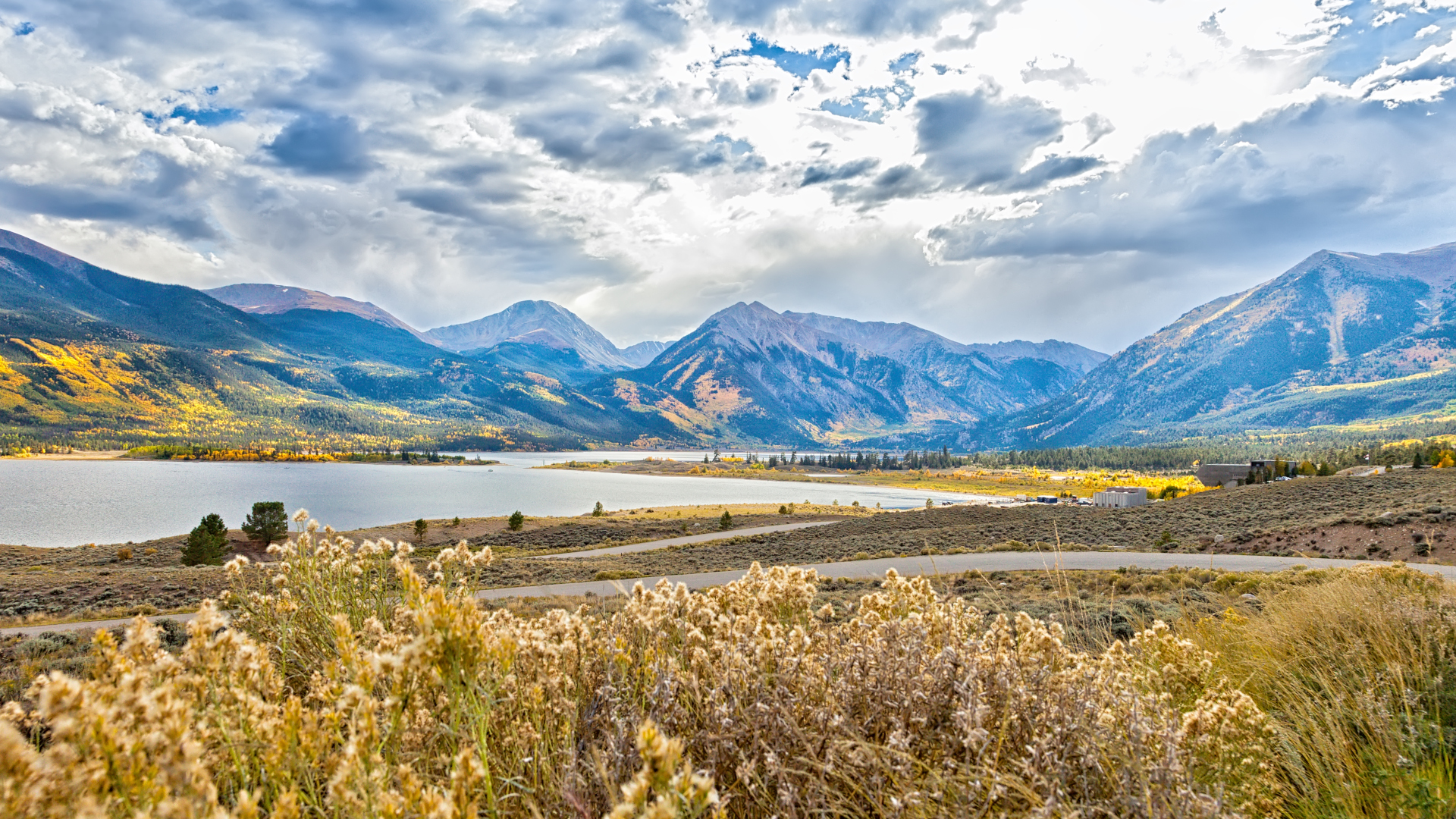
When you arrive at the top of a big mountain after a long, hard climb, you hope for clear skies, views for miles and a comfortable spot where you can sit down and recover – what you might not expect is a classical music concert, but that's exactly what some hikers got when they recently summitted Colorado's highest peak.
On September 9, professional clarinetist Dr Stephanie Zelnick climbed Mount Elbert, a Colorado 14er, to perform the highest recorded classical music concert in the Rockies. At 14,439 feet above sea level, Mount Elbert is the tallest peak in the Rocky Mountains and the second-highest mountain in the lower 48 states after California's Mount Whitney.
While most of us would experience difficulty just trying to breathe normally while hiking at these altitudes, Zelnick really put her lungs to the test by blasting out two 5 - 6 minute pieces as part of her project on how altitude affects wind musicians. The concert was performed before a small audience of about a dozen hikers and recorded by videographer Chris Clark Zelnick. It was posted to Youtube in a video you can watch below.
"The dozen or so people at the summit didn’t even know what hit them and were equally pleased as they were confused by this concert," writes Zelnick on her blog.
Zelnick describes herself as an "experienced mountaineer," but lives in Lawrence, Kansas – elevation 990 feet – and only had three days to acclimate for the nine-mile roundtrip hike.
"I made the best of it by trying to take out all the variables except for elevation in my preparation. I wanted altitude to be the only variable that I couldn’t control," shares Zelnick, who prepared for the experiment by taking 14 - 16 mile walks and stair climbing while wearing a backpack on the University of Kansas campus where she works as a professor.
She also increased her intake of nutrient-dense foods and focused on hydration with electrolytes, trying to plan for every possible outcome. However, Zelnick missed one vital detail – she forgot to test out her old hiking boots and ended up having to push through a bad blister.
Zelnick describes her ascent as a "serious sufferfest" which continued when she arrived at the summit a little ahead of her companions and began her first performance for two hikers.
"At first my body seriously rebelled against playing so quickly after summiting and I had to take a few deep breaths, not as much for my air support as for getting blood to my fingers and embouchure muscles. I took a moment, let all of my CO2 out, channeling the great free diver Claire Paris Limouzy."
Once the rest of her party arrived, along with a few more early morning hikers, Zelnick performed a second time, and got her second wind, so to speak.
"It was odd that I felt almost no pain on the second go around, it was like my body had instantly recognized what was going to happen from the last time. I was breathing more than I normally would and my tone and pitch were terrible, but it was indeed a clarinet concert on the highest point in the Rockies."
Reflecting on the concert, Zelnick says that the altitude affected the intonation, tone, and accuracy of her clarinet, and while this isn't an experiment she recommends any other musician try to replicate, she does recommend taking your instrument outdoors.
"I do recommend that every professional musician grab a cruddy old instrument and go play outside."







